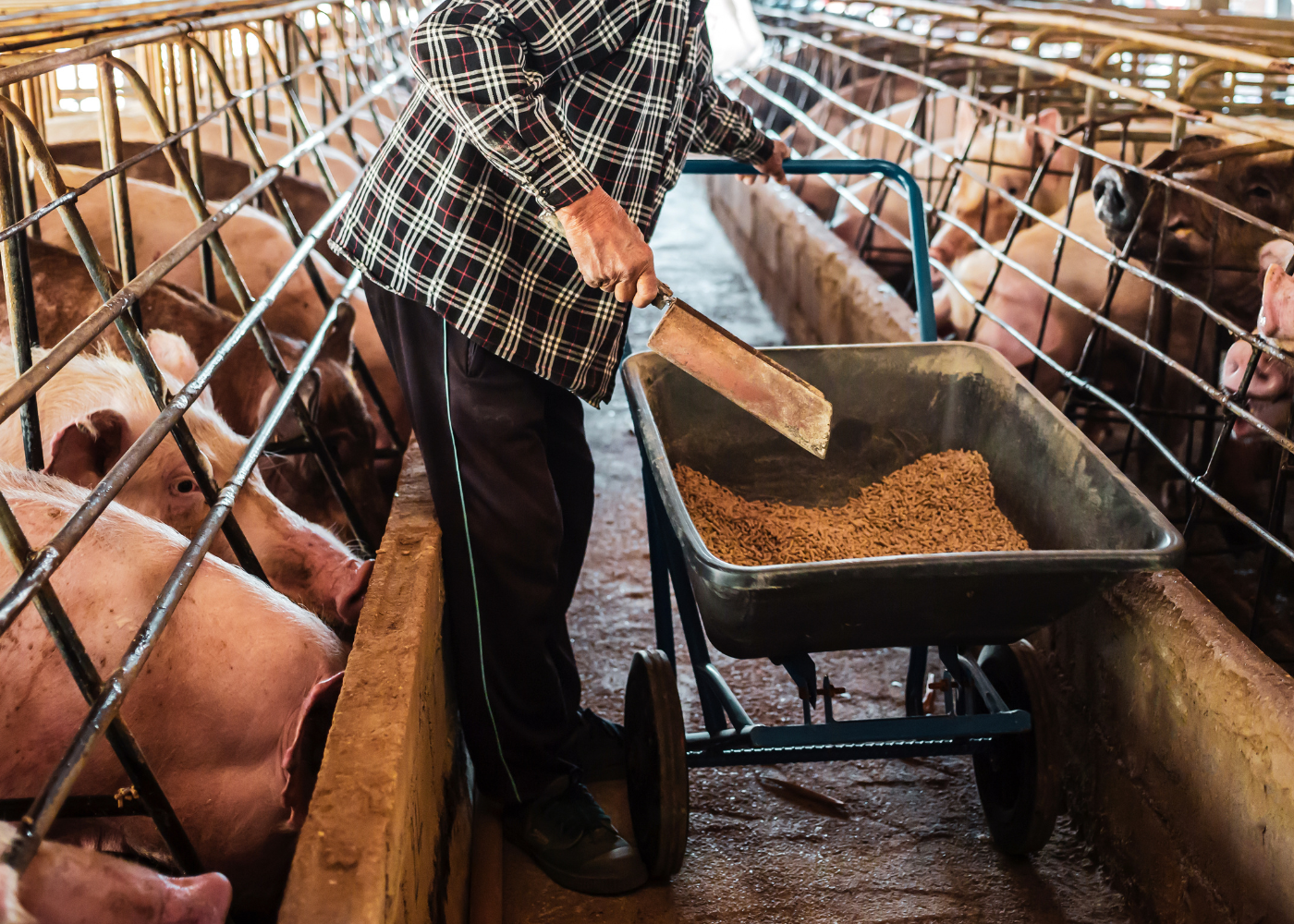THE FOOD and drink industry accounted for 6% of administrations in 2022 – the sixth highest sector in the UK – according to analysis by full-service law firm Shakespeare Martineau.
A total of 1,340 businesses – 87 of which came from the food and drink industry, which included several breweries and restaurant chains – filed for administration last year, marking a 56% increase compared to 2021.
Construction, manufacturing and retail were the sectors worst hit, accounting for 39% of administrations. Greater London led the way with 20% of the filings, followed by the South East and North West (16% each), data from The Gazette Official Public Record has revealed.
While January (55) was the quietest month, administration numbers leapt to 160 in November – the most recorded for 28 months – before dipping to 120, 93 and 104 in April, May and June respectively.
Subscribe to our daily newsletter
Why? Free to subscribe, no paywall, daily business news digest.
And while administrations are still yet to hit pre-Covid levels (1,794 in 2019), recession fears and the financial pressure on households and businesses means the worst is still yet to come, an insolvency and restructuring expert has warned.
Andy Taylor, partner and head of restructuring at Shakespeare Martineau, said: “The latest statistics show that the true costs of living and doing business are beginning to bite.
“Numerous headwinds – such as the cost of borrowing, and increasing energy, fuel and raw material costs – have become a new normal at this point and businesses are being pulled from every direction. Furthermore, while supportive in the main, pressure from lenders is increasing and HMRC is taking a firmer stance, seeking to cap levels of liability for non-payment of tax.
“While the UK is perilously close to recessional phase, businesses must have a clear focus on cash flow and look to save costs where possible. Directors must continue to plan strategically for the ever higher costs of ‘doing business’.
“For businesses to survive longer term, they will need to act now to address underlying issues. I cannot overstate how important it is to get to grips with matters at the earliest possible juncture and to take the appropriate professional advice, if needed. Taking a proactive approach will provide options and help to keep businesses afloat.
“If things continue as they are, we expect to see an increase in businesses failures as they battle tough trading conditions. However, resilient businesses with a strong balance sheet and with the right planning and oversight in place, may well find opportunities for growth as we head further into 2023.”
Companies filing for administration in 2022 –
By Sector (Columns 1 + 2) and By Region (Columns 3 + 4)
| Construction | 208 | Greater London | 265 |
| Manufacturing | 174 | South East | 213 |
| Retail | 138 | North West | 212 |
| Real estate | 95 | Yorkshire & The Humber | 135 |
| Professional services | 90 | West Midlands | 101 |
| Food and drink | 87 | East of England | 94 |
| Financial | 79 | East Midlands | 74 |
| Health and social | 66 | South West | 68 |
| Utilities | 61 | Scotland | 59 |
| Automotive/transportation | 60 | North East | 50 |
| Information and communication | 55 | Wales | 48 |
| Hospitality | 53 | Northern Ireland | 18 |
| Others | 51 | British Isles | 3 |
| Engineering | 35 | ||
| Administrative | 24 | ||
| Arts and entertainment | 21 | ||
| Logistics | 12 | ||
| Agriculture | 10 | ||
| Mining and quarrying | 10 | ||
| Public admin and defence | 7 | ||
| Education | 4 |

















